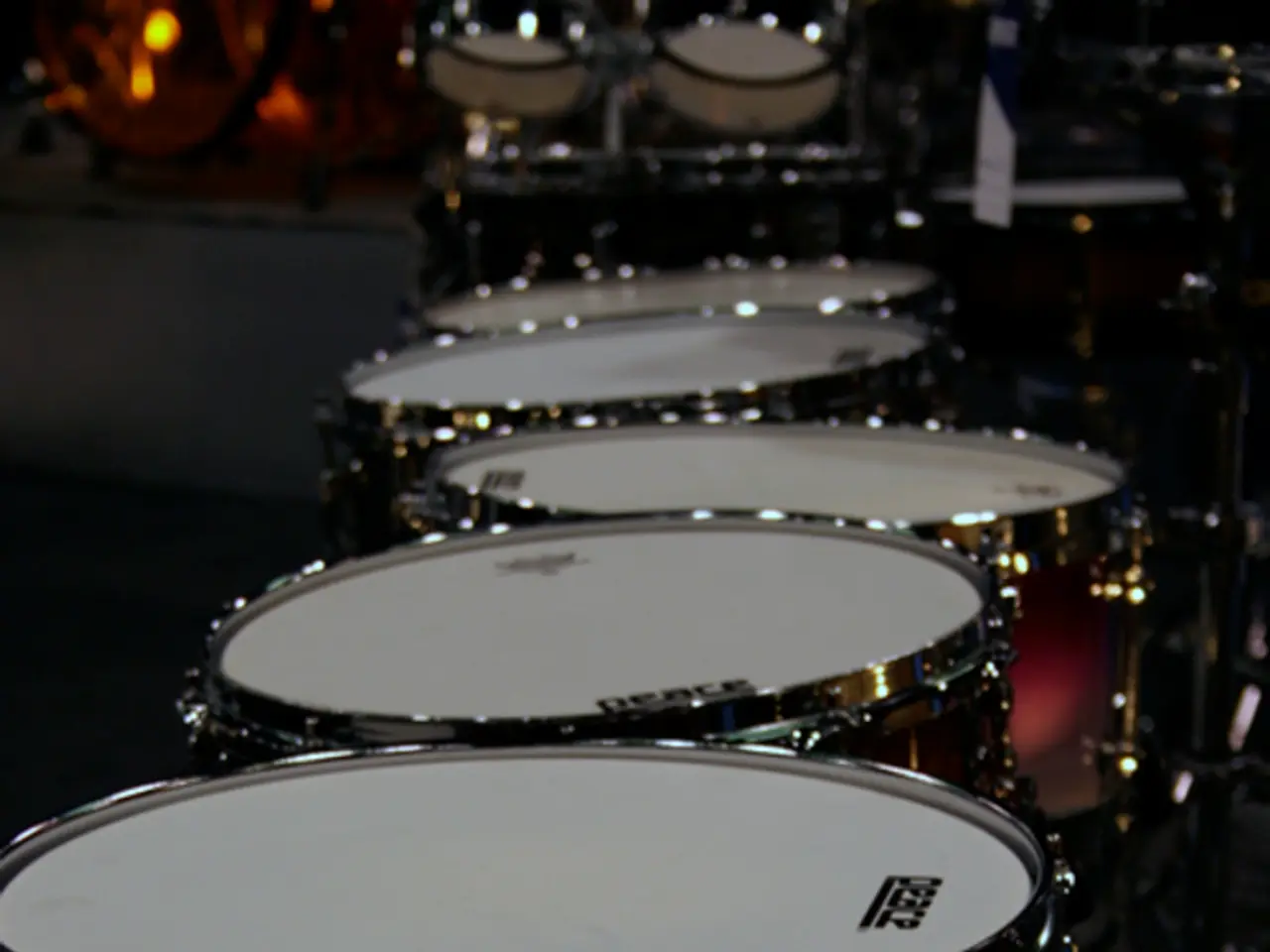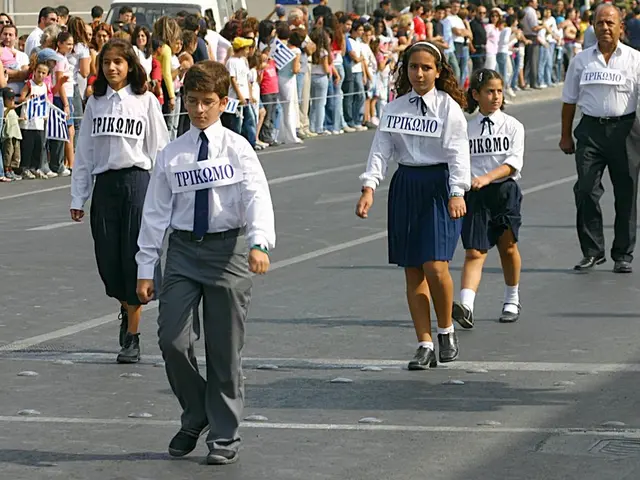Washington D.C. Removes Criminal Penalties for Marijuana Possession
In the heart of the nation's capital, the District of Columbia has decriminalized marijuana, but public consumption remains a criminal offense. This peculiar situation has sparked a heated debate, with arguments focusing on public consumption as a criminal offense, racial disparities, and the impact on the prison industrial complex.
On one side, supporters argue that decriminalization is a step towards addressing systemic racial disparities and reducing incarceration rates. They contend that marijuana prohibition disproportionately affects communities of colour, contributing to unequal enforcement and perpetuating racial injustice. Decriminalization, they believe, would help alleviate these issues by reducing the number of individuals, particularly people of colour, caught in the criminal justice system for marijuana offenses.
Moreover, proponents of decriminalization argue that it could bring economic and social benefits. Legalization and regulation would create tax revenues and jobs, reduce illegal trafficking, and black market activity. This has been observed in states that have regulated cannabis, generating millions in monthly sales and billions in tax revenue.
On the other hand, critics argue that public consumption of marijuana might increase exposure to marijuana smoke in public spaces, posing potential public nuisance or health risks. They also express concerns about federal opposition and legal conflicts, as D.C.’s cannabis laws exist in tension with federal prohibition.
Retired state police captain Leigh Maddox, a supporter of decriminalization, questions if the move is merely a publicity stunt. He believes that legalization and regulation are necessary to reduce drug-related violence and address the disproportionate policing of black people in D.C. related to marijuana.
The uneven application of law in D.C. is a subject of concern. In certain parts of the city, it is possible to smoke marijuana and use cocaine openly without police interference, while in other areas, seemingly innocuous actions can lead to police interaction. This discrepancy could be seen as a means to generate revenue for the prison industrial complex, which may benefit financially from laws and policies they lobby for.
In conclusion, the pro-decriminalization side emphasizes racial justice, reducing incarceration, economic benefits, and less punitive responses to public consumption, while the opposition focuses on public order concerns, federal legal conflicts, and potential neighborhood disturbances from public use. The debate in D.C. highlights how public consumption remains criminalized despite decriminalization of possession, perpetuating racial disparities in enforcement and incarceration, and contributing to the prison industrial complex’s impact on marginalized communities.
Politics and general news frequently revolve around the ongoing debate in the District of Columbia regarding marijuana decriminalization, with one side emphasizing economic benefits, racial justice, and reduced incarceration, while the other raises concerns about public order, federal conflicts, and potential health risks associated with public consumption. Policy-and-legislation discussions continue, focusing on balancing equally enforced regulations and addressing disparities within the criminal justice system and the prison industrial complex.







